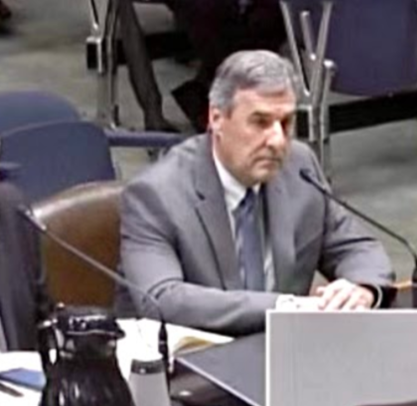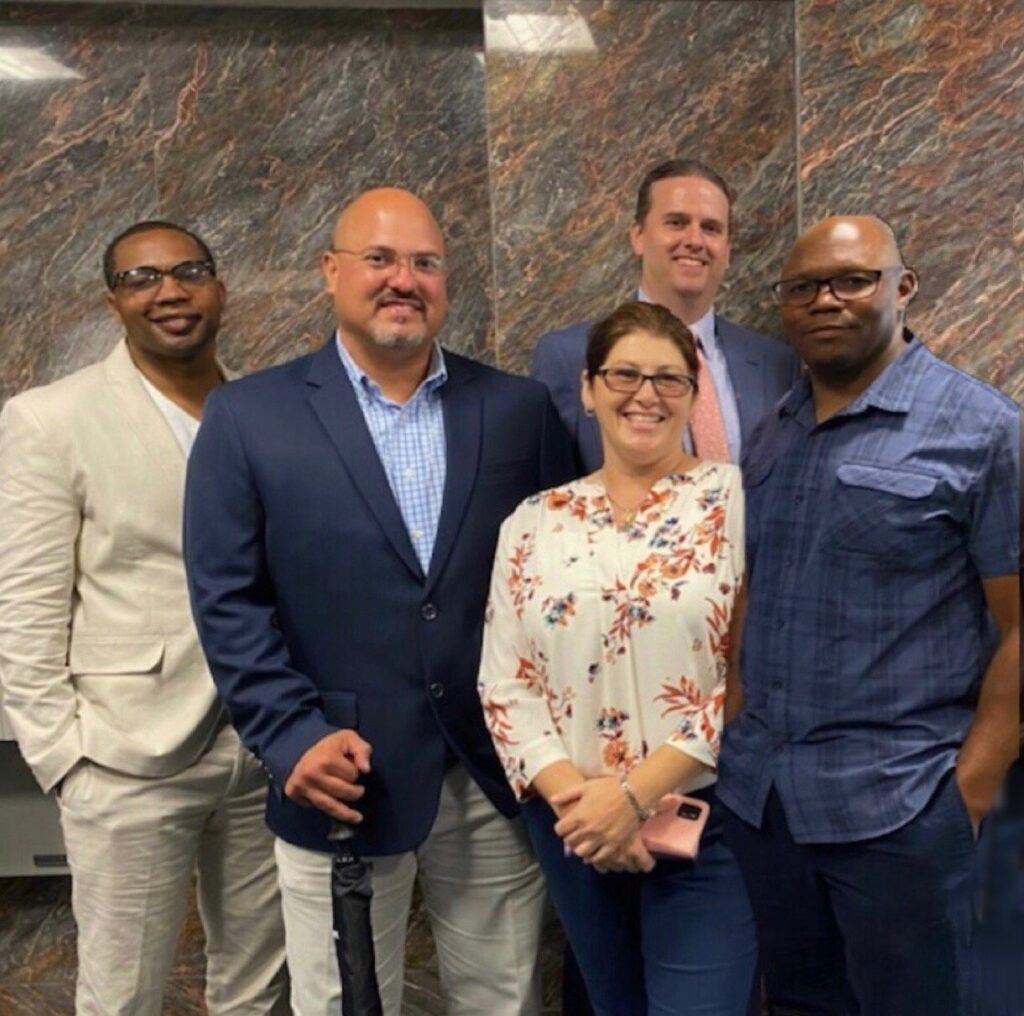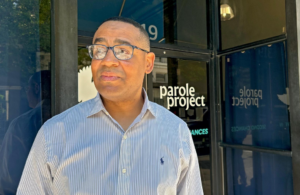In a major legislative win for justice reform that will benefit hundreds who had been locked out of an opportunity to make a case for their rehabilitation, the “parole equity gap” legislation, HB145, became law last week when Louisiana lawmakers gave it final approval and it was signed by the governor. This important piece of legislation, conceived and directed by Parole Project, fixes a disparity in parole eligibility for persons serving long sentences. The new law will affect approximately 700 to 800 people who have been shut out of the parole process since 1997. It also creates parole eligibility for about 150 persons serving life without parole sentences as habitual offenders for nonviolent crimes.


As a result of HB145’s passage, persons sentenced to 30 or more years will now be allowed to appear before the parole board to present their case for rehabilitation and fitness for early release.
In 1995 Congress passed the “Truth in Sentencing” (85 percent) law as part of the omnibus crime bill that fundamentally bribed states with federal grants to eliminate parole going forward for people convicted of violent offenses and requiring them to serve a minimum of 85 percent of their sentences. Louisiana adopted its own version that year, Act 1099, but it did not go into effect until January 1, 1997. The implementation of Act 1099 provided for release on “good time” parole after having served 85 percent of the sentence and did not require a hearing or a decision of the parole board. What was not known at the time is that the interpretation of Act 1099 excluded those whose offenses were committed between January 1, 1997, and August 1, 2014, from discretionary parole allowed under the 1990 “geriatric parole” law. That law provided a hearing after 20 years and reaching age 45. Act 1099, an ineffective, costly, and wasteful policy, would disproportionately contribute to the growth of mass incarceration—mandatory increases in time served, even for lower-level offenses that were not balanced by adjustments to statutory sentencing schemes—making HB145 the instrument to correct the inequity.
To give our legislation its best chance at passage, Parole Project brought together a coalition of stakeholders, including the Louisiana District Attorneys Association and the Department of Corrections, along with other policy advocates, to explain its purpose, the inequities in current policy, and work out any issues that might hamper the measure as it moved from the House to the Senate. Sponsored by State Rep. Marcus Bryant, he pushed his bill, emphasizing along with Parole Project the fundamental fairness of the measure, as it made it way through passage in both chambers. HB145, now known as Act 122 of 2021, is an example of what can be done through planning, cooperation, and a commitment to bring equity and fairness to a broken justice system.



